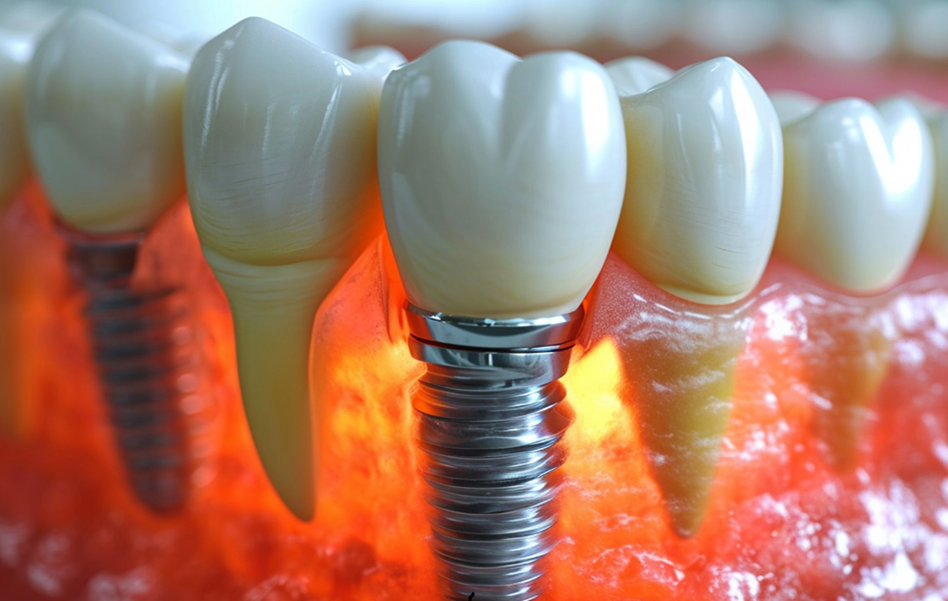Woman Suffers Brain Damage After Doctor Overdoses Her On Fentanyl
 Admin - General » Oral Surgery
Admin - General » Oral Surgery
 Jan 31, 2024
Jan 31, 2024
Dental Surgery Safety: The Consequences of Negligence
Dental surgery is a serious and crucial medical procedure that requires skilled practitioners, proper equipment, and a safe environment. However, one Texas woman’s tragic experience highlights the devastating impact of negligence in dental surgery. Allegedly excessive anesthesia administration resulted in severe brain damage, leaving her requiring 24-hour care. This article aims to emphasize the significance of dental surgery safety, the effects of negligence on patients, and the need for better regulations in dentistry.
Anesthesia is an indispensable part of dental surgery that ensures a patient’s comfort and safety during the operation. But when administered incorrectly, excessive anesthesia can lead to long-term and catastrophic consequences. In this case, Dr. Jerry Teague allegedly administered a high dose of fentanyl without intubation, leading to the patient’s traumatic brain injury. Intubation helps protect the patient’s airway and prevent potential complications such as oxygen deprivation. Over-administration of anesthesia can result in respiratory depression, heart failure, and even coma, necessitating costly long-term care.
The lawsuit also implicates other dentists named in the case, including Dr. Lane Freeman, Dr. Stuart Nunnally, and their clinic. The extent of their responsibility for the alleged incident is debatable, but it raises questions about accountability and the need for oversight and regulation.
What makes this case more concerning is Dr. Jerry Teague’s history of a previous suspension for testing positive for fentanyl and midazolam, raising ethical questions about his reinstatement in 2019. Such incidents undoubtedly highlight the need for a robust regulatory framework in dentistry that emphasizes patient safety.
The patient is currently living in a rehabilitation facility, breathing through a tracheotomy and being fed through a tube, necessitating 24-hour care. The catastrophic impact of the negligent behavior highlights the importance of dental safety measures and the need for better regulations to guarantee quality and safe care.
Patient safety should be the foremost objective in dental surgery. Preventive measures such as proper intubation during anesthesia administration or a thorough review of a dentist’s history can help prevent such incidents from occurring. Legal action is crucial in such cases, ensuring accountability and compensating the affected patient and their families.
Conclusion
Dental surgery is a crucial medical procedure that requires top-notch practitioners with access to proper equipment and a safe environment. Negligence has no place in dentistry, and its consequences can leave patients requiring long-term care and jeopardizing their quality of life. Dental surgery safety should be a top priority, and regulatory measures must ensure that all practitioners adhere to high standards of patient safety. It is crucial that this case raises awareness and prompts discussions that lead to better regulations to prevent such incidents from happening again. Let us work towards a safer dental surgery environment that fosters accountability, empathy, and professional excellence.
Trending News
-

Non Toxic Dental Fillings : BPA, BHT, HMBP, DPCL, TPSb, HEMA, TEGDMA Free Admin
-

Essential Questions for Your Oral and Maxillofacial Surgeon Admin
-

Why Root Canals Fail? | The Usual Suspects Meredith Y. Newman Endodontist Fresno
-

Understanding the Risks and Causes of Dental Implant Failures Admin
-

Regenerative Endodontics Admin
